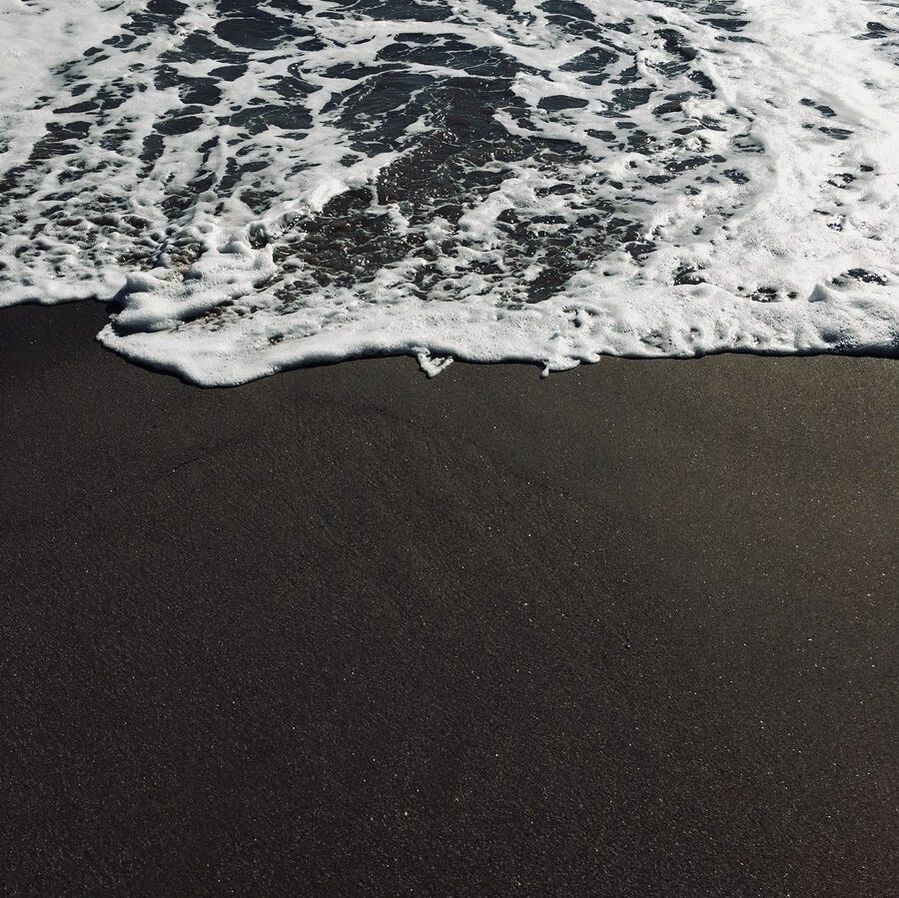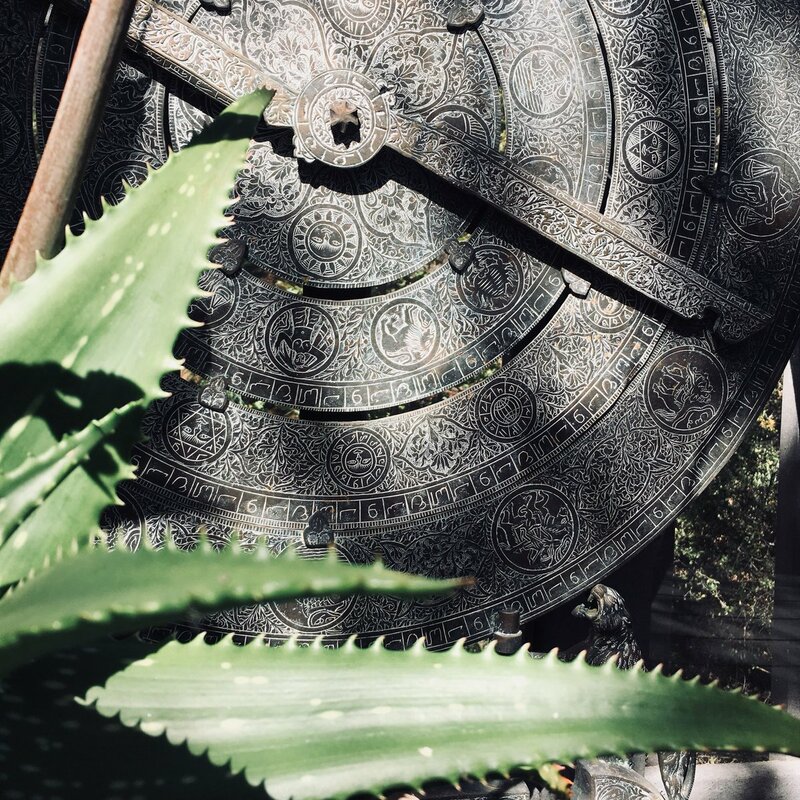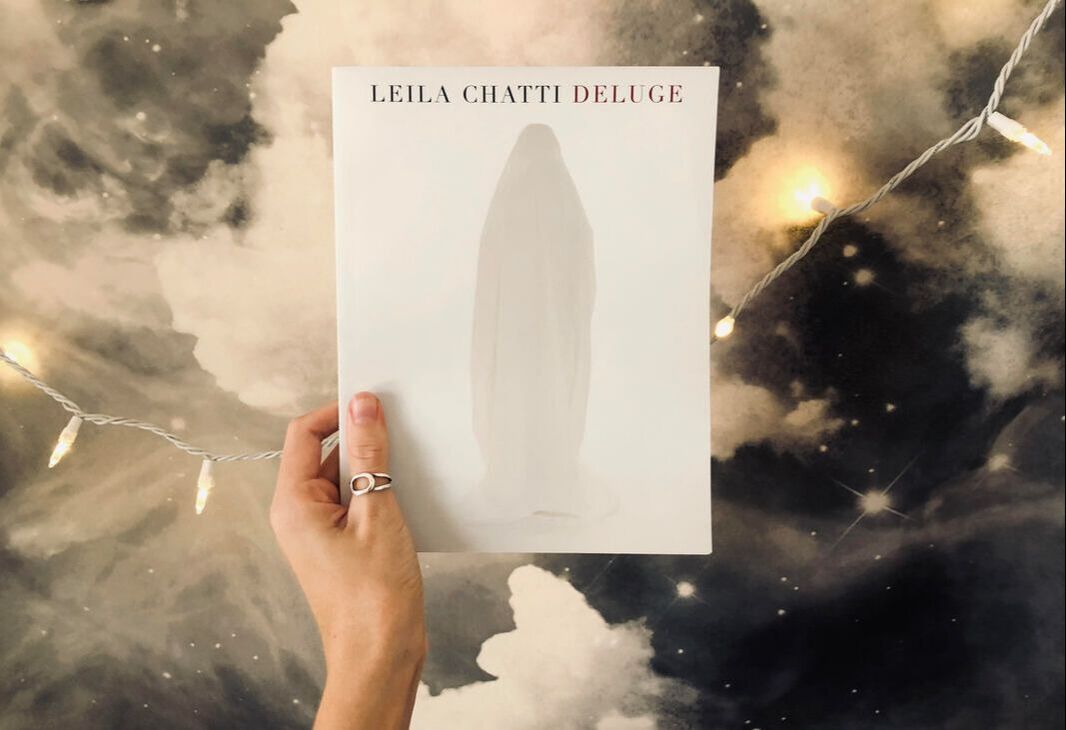Finding Solace in #TheSealeyChallenge and Leila Chatti’s Deluge, guest post by Taylor Garrison9/14/2020 As a recent college graduate, I’m all too familiar with how precious reading for fun is. Assigned texts and annotations do not leave much time for leisurely reading. While the Sealey Challenge is fast-paced (the challenge being to read one book of poetry a day in August), it has been an absolute joy to participate in. No matter how the day unfolds, I know a poetry collection is waiting for me. On the second day of the Challenge, I downloaded a library ebook of Deluge by Leila Chatti. My first introduction to Chatti was the outstanding anthology Halal If You Hear Me from Breakbeat Poets. The poem, “Confession,” particularly struck me: “(oh Mary, like a God, I too take pleasure / in knowing you were not all holy.” There was a strange comfort to Chatti’s poetry— I, too, did not have to be “all holy.” I certainly hadn’t felt holy recently. In April 2019, I was diagnosed with a cancer I had never even heard of before. A month later, I could barely recognize my bald, sickly body in a mirror. As I flipped open the virtual cover of Deluge, I had no idea that Chatti had a similar brush with illness. “I wear a gown that ties in the back; this is how / I am sure I am sick,” begins the poem, “MRI.” There are few times I felt such awe for a poem. It was as if Chatti had observed my own life and scribbled it across a page. After my diagnosis, I struggled with reading illness, and in particular cancer, poetry because it felt hollow, cliche, or both. Chatti captures the peculiarities of doctor visits, scans, and the names of diagnoses.She gives the strangeness of sickness space the page. Though I don’t believe that poetry has to be relatable to be good, there is joy (and a bit of jealousy) in knowing another poet so expertly captured something you’ve experienced. I suspect even if I wasn’t doing the Sealey Challenge, I would have devoured Deluge in a day. There is so much to love about this collection, as both someone who experienced severe illness and as a poet. The poem, “Tumor,” which spirals in on itself. The push and pull of Mary’s narrative in religious texts versus the idea of her. The delicate, and deserved, anger towards patriarchy and its creation of menstrual taboos. The line I keep coming back to, “In November, eight months after the surgery, I look out at everything dying and declare it / radiant.” As the Sealey Challenge comes to a close, I’m glad I did it. I read about eighteen poetry collections and chapbooks. I tried to read new collections, but I snuck in some older favorites too. Though I would recommend them all, I particularly enjoyed Finna by Nate Marshall, Eye Level by Jenny Xie, and In the Language of My Captor by Shane McCrae.
Pitch an essay about words or a book review at [email protected]
2 Comments
|
the cluba small collective dedicated to personal, creative, and communal growths. Archives
January 2021
Categories
All
|



